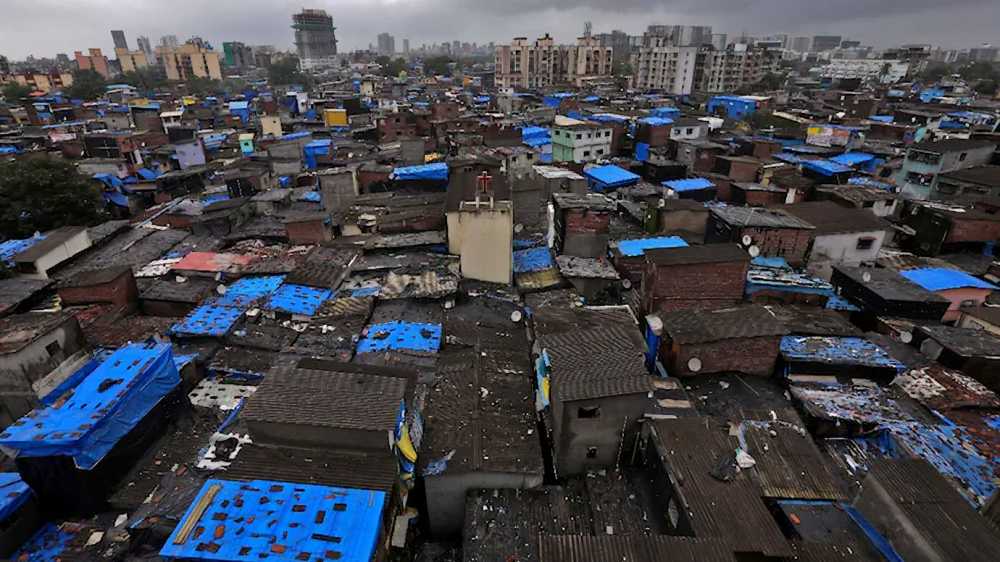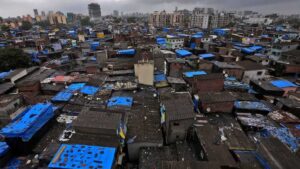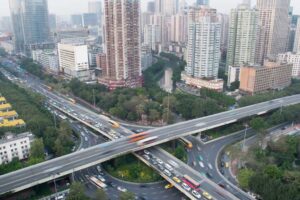September 2, 2025: Mumbai’s urban infrastructure is facing mounting pressure as delays in executing centrally funded AMRUT 2.0 projects have raised concerns ahead of the March 2026 deadline. Under the Atal Mission for Rejuvenation and Urban Transformation, Maharashtra has been allocated Rs 90 billion to modernise civic services, with a focus on water supply, sanitation, lake rejuvenation, and green space development.
Officials have attributed the slow progress to administrative inertia rather than political reluctance. During a recent high-level review, senior state authorities expressed alarm over sluggish approvals and implementation by municipal bodies. They emphasised that timely utilisation of central funds is essential not only to meet deadlines but also to improve the daily lives of millions of residents.
Analysts highlight that AMRUT 2.0 represents a crucial opportunity for Mumbai to mitigate the challenges of rapid urbanisation. Continuous water supply, upgraded drainage and sanitation systems, and the development of public green spaces are considered vital for creating resilient, equitable, and environmentally sustainable urban areas.
Urban planners also stress the integration of AMRUT 2.0 initiatives with broader green mobility and climate goals. Restoring lakes and developing parks can enhance air quality, encourage pedestrian movement, and reduce vehicular emissions. Meanwhile, effective drainage and sanitation infrastructure is essential to prevent flooding and health hazards during the monsoon season.
The mission also includes components addressing women’s welfare and healthcare infrastructure, with officials warning that inter-departmental delays could have cascading consequences if approvals and execution are not expedited.
Policy experts view AMRUT 2.0 as a long-term investment in urban resilience rather than a compliance-driven exercise. They urge integrated planning, strict accountability, and rapid execution. If implemented efficiently, the initiative could transform Mumbai into a benchmark for inclusive, climate-resilient urban development, prioritising continuous water supply, green public spaces, and robust sanitation systems.
With the March 2026 deadline approaching, the speed and coordination of AMRUT 2.0 execution will be pivotal in delivering equitable and sustainable urban services in Mumbai.
Source: Construction World






